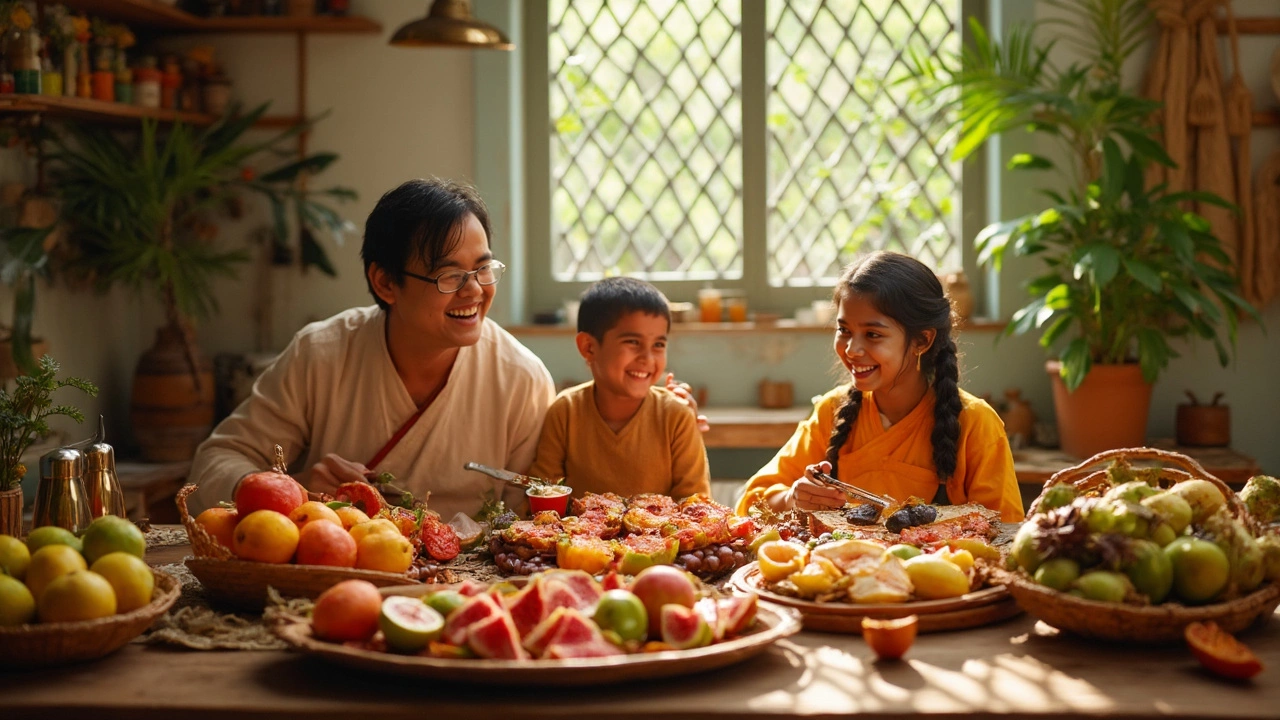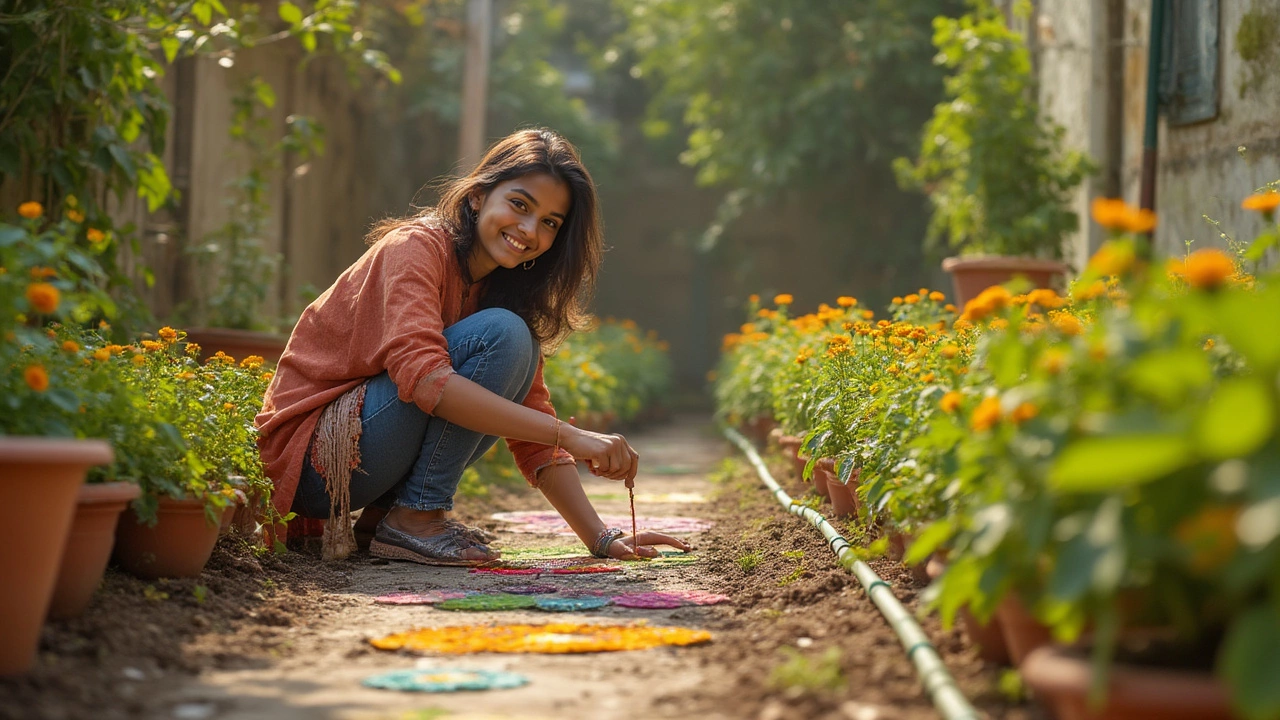Eatable Skins
When working with eatable skins, the thin, often discarded outer layers of fruits, vegetables, and some grains that are safe and nutritious to eat. Also known as edible peels, they play a crucial role in food waste reduction, helping households keep more of what they buy and lower the amount that ends up in landfills. Moreover, these skins pack a punch of nutrition benefits, delivering fiber, vitamins, and antioxidants that often surpass the flesh inside. Understanding how to clean, prep, and incorporate them turns a simple habit into a powerful sustainability move.
Why Eat the Skins?
Edible fruit skins like apple, kiwi, and citrus strips bring a burst of fiber and flavonoids, while vegetable peels such as carrot tops, potato skins, and beet rinds supply minerals and phytonutrients that support gut health. The relationship is clear: eatable skins encompass nutrition benefits, require proper cleaning to remove pesticides, and demand a bit of culinary creativity. Sustainable gardening practices—like growing your own tomatoes or cucumbers—make it easier to control residue, meaning you can safely enjoy the skin straight from the garden. In the kitchen, simple methods like roasting potato skins with herbs, tossing apple peels into smoothies, or dehydrating carrot tops for chips illustrate how these layers can be turned into tasty, value‑added foods rather than waste.
Our collection below pulls together insights from across the site: a guide on daily watering that keeps your garden’s produce fresh, a deep dive into vegetarian diets that highlights the role of whole‑fruit consumption, and tips on reducing plastic use by favoring natural food envelopes like banana skins. You’ll find practical steps for cleaning, storage, and recipe ideas that let you make the most of every bite. By embracing eatable skins, you not only boost your nutrient intake but also join a broader movement toward greener production and smarter cooking.
Zero Waste Fruits: Tasty Nutrition and No Leftovers
Find out which fruits create zero waste, how you can eat every part, and clever ways to make your snacks more sustainable. No peels in the bin!
- manufacturing
- India
- food processing
- garden tips
- rice cultivation
- government schemes
- balcony garden
- urban gardening
- balcony gardening
- profitable business
- business ideas
- plastic manufacturing
- drip irrigation
- plant care
- steel manufacturing
- sustainable gardening
- startup ideas
- steel industry
- flower gardening
- textile manufacturers






